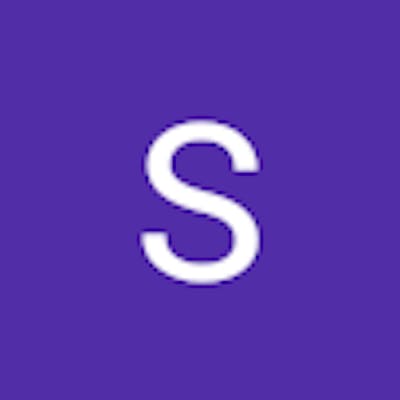A question was asked on X/Twitter: "I want to learn coding in 2024. Any tips or useful sites".
I offered to write a blog article on the topic if anybody was interested but unfortunately there were no takers.
I suggested that a good place to start learning would be freecodecamp.org. Why? Firstly Free Code Camp is a non-profit organisation. It has helped a lot of people to code for free, to create projects, and earn certificates. Secondly, its tutorials are easy to follow. Thirdly, I also suggested that in their "Responsive Web Design" course already you start off by creating a cat app from the get go. Lessons are broken down into bite sizes so that the learning won't be overwhelming.
But since nobody responded affirmatively, I decided to write a blog post titled "How to learn coding in 2024" anyway.
This is it.
So what is this coding anyway?
There's a saying in the technology world that "Software is eating the world". Now according to Wikipedia "Software is a collection of programs and data that tell a computer how to perform specific tasks." Software is ubiquitous. So the saying about software was prophetic when it was first released into the world because nowadays everything (almost) runs on software.
Now the process of creating software is called coding. Coding has become popular because people are now waking up to how valuable it is to create programs that run on computers. No one wants to be left behind. Also, coding skills are considered skills of the future. Governments are considering introducing coding as an essential subject in the school curriculum.
Why so much interest all of a sudden?
Well I could understand the intention behind "I want to learn coding in 2024". Nowadays coding is considered one of the most well paying fields. The other thing is that now everybody seems to have an app or game idea of their own. Some people are practical and want to implement their own ideas themselves. Coding is a hot skill, there are great prospects, and the sky is the limit in terms of what you can create. Coding is a creative skill.
There are also other factors such as the availability of how-to videos on YouTube that were never there before. Online communities are easily available for help and advice. There are useful blog posts on getting started for beginners.
Steps for getting started
So now that we have an idea of what coding is, we can now go into the specifics of the activity of coding. We can follow the following steps:
Choose a platform
Choose a programming language
Choose a tutorial or an online course or a bootcamp
Choose an appropriate project
Publish your project
Bonus: Choose a career in technology
Let's go into the details of each step:
Choose a platform
Figure out if you want to code a mobile app, web app, desktop app, a robot, and so on. This will decide which programming language is the most fitting for your project(s).
Choose a programming language
After choosing a platform, then you choose a programming language suitable to that platform. According to Wikipedia "A programming language is a system of notation for writing computer programs". Notation is a series of text, numbers and characters that are used to write programs.
For example:
2.1 If you chose a mobile app platform, you might select programming languages such Java or Kotlin to create your phone app.
2.2 If you chose a web app platform, you might select programming languages such a combination of HTML, CSS and JavaScript to create your web app.
2.3 If you chose a desktop app platform, you might select a popular programming language such as Java, Python, C#, or C++.
2.4 If you chose to program a robot, you might select programming language such as C/C++, C#, Java, or Python.
Choose a tutorial or an online course or a bootcamp
One might find coding tutorials on video sites like YouTube or blogs featuring how-to videos. Online courses might be found on sites like freecodecamp.org, Udemy, Coursera, or Udacity. There are programmes such as bootcamps. Bootcamps are short, vigorous training programmes. You only focus on learn coding in bootcamps.
Choose an appropriate project
It is important to pay attention to where you are on the learning curve. This will affect the type of projects you decide to create or work on. For example if you are in the beginner stage you might choose to program an calculator, weather app, etc. If you are intermediate you might choose quiz app, portfolio website, chat app, etc. Advanced coders might choose complicated apps like gaming apps, bug trackers, face detector, etc.
Publish your project
Publishing your project allows you share your project with the world. You might choose to create or sign up for a personal website for example, and from there showcase your projects. Meanwhile you might look for a hosting site to host your web app for example and buy a domain name so that people can type in the unique name of your website when they want to connect your web app.
Bonus: Choose a career in technology
This is not mandatory at first, it might be worth a thought later on. Now that you have a few apps under your belt and have advanced from a beginner to advanced coder, it might be time to consider a career in IT, specifically in computer programming or software development. There are many other non-coding roles, but we will focus on coding jobs such as:
Web Development
Quality Assurance/Testing
Software Development
Whereto from here?
To be able to code, there are code editors that you will need to write your code. You will need to test your code to make sure it is correct and complete. You might have to share your code with others to help you when you get stuck. You might have to look at other people's code that is available free of charge online to learn best practices.
So, enjoy the journey you are embarking on. It has it's ups and downs and mostly is rewarding if you stick to it.
Happy coding in 2024!


